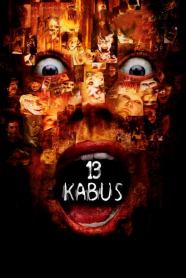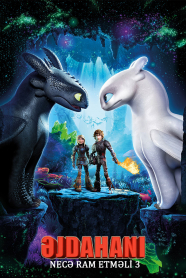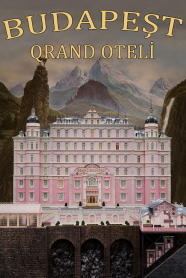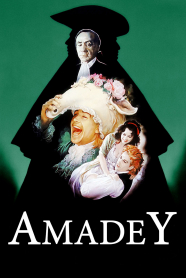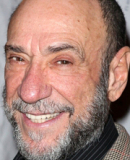
F. Mürrey Abraham
F. Mürrey Abraham
Aktyor
F. Mürrey Abraham 24 oktyabr 1939-cu ildə Pitsburq (ABŞ) şəhərində anadan olub. Amerikalı aktyor daha çox “Amadeus”(1984) filmində canlandırdığı Antonio Salyeri obrazı, “Çapıqlı sima”, “Forresteri tapmaq”, həmçinin “Vətən” serialında aldığı rollarla tanınır. Abraham ata tərəfdən assuriyalı, ana tərəfdən italiyandır. Kinoda məşhurlaşana qədər uzun müddət teleseriallara və reklam çarxlarına çəkilib. 1983-cü ildə Miloş Forman onu dahi bəstəkar Motsartın həyatından bəhs edən “Amadeus” filmində Antonio Salyeri roluna dəvət edir. Həmin rola görə F. Mürrey Abraham “Oskar mükafatına layiq görülür. Mənfi obrazla qazandığı böyük uğurdan sonra “Qızılgülün adı”, “Sonuncu kitabqəhrəmanı” filmlərindən Salyeri tipli antaqonist rollarda oynamağa dəvət alıb.
Ətraflı məlumat üçün aşağıdakı linkə basın:
https://ru.wikipedia.org/wiki/%D0%90%D0%B1%D1%80%D0%B0%D1%85%D0%B0%D0%BC,_%D0%A4._%D0%9C%D1%8E%D1%80%D1%80%D0%B5%D0%B9
